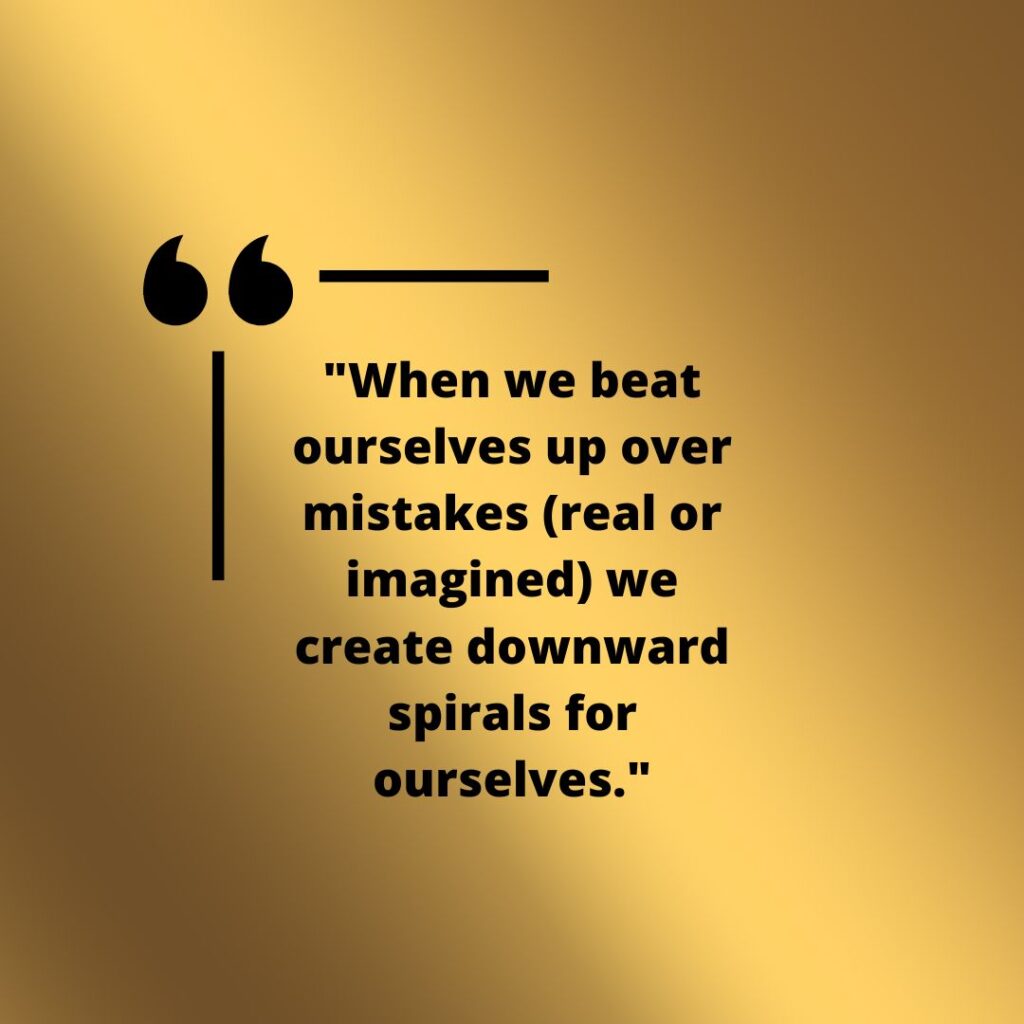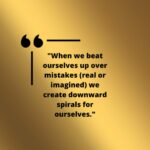

Thriving Forward Guide
Sign up to receive (free) my Thriving Forward Guide delivered by email as a 5-part series.
You’ll also receive
My bi-weekly newsletter: Find Your Forward: The newsletter to move you forward when you are stuck, facing a crossroads, or adapting to a fast-changing world. No matter where you are, there is always a way forward.






